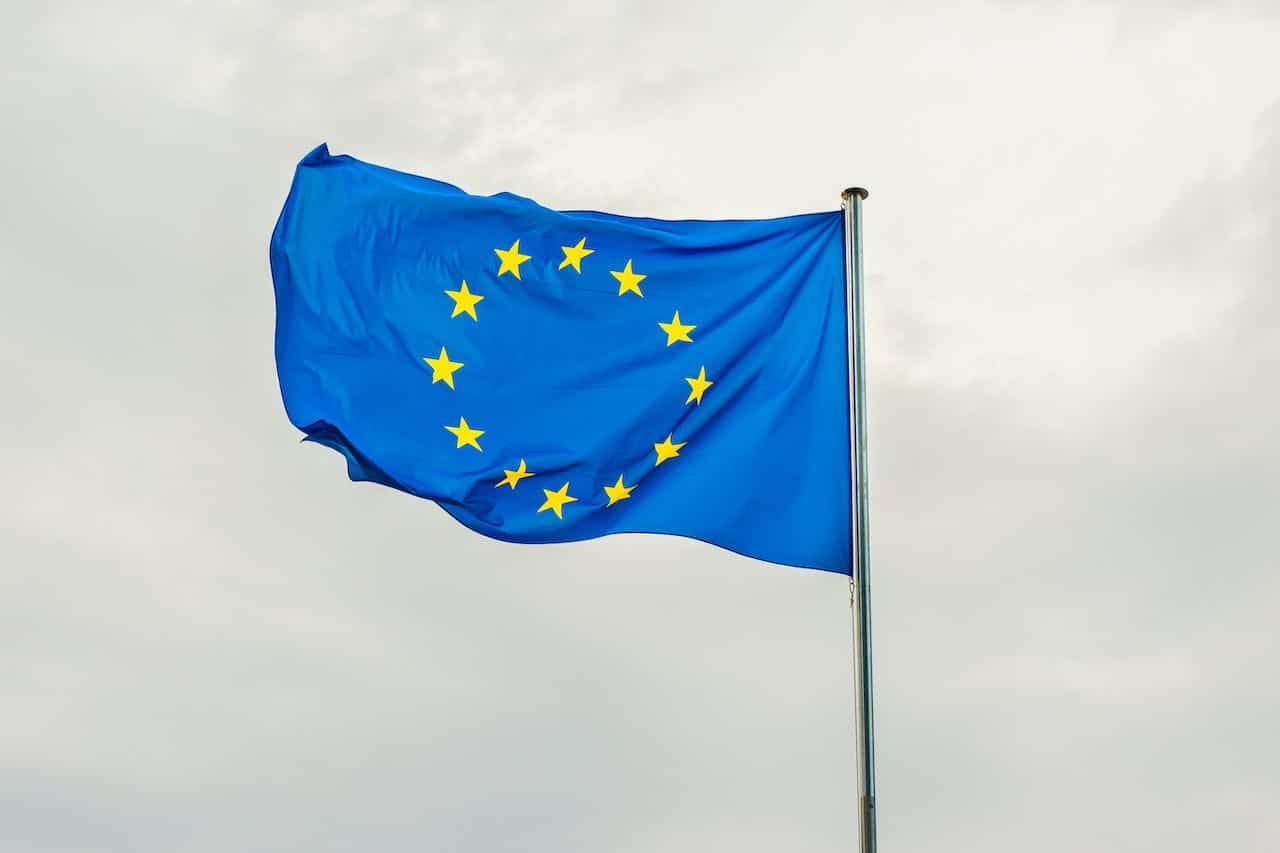This year marks the 20th anniversary of Poland’s accession to the European Union. One of the benefits of membership has been the opening of the EU’s single market to Polish companies. According to an analysis by economic experts at the consultancy firm Deloitte, over 5 million jobs in Poland are linked to the export of goods and services to other EU countries, accounting for 29% of employment. In comparison, EU funds support about 600,000 jobs in Poland.
Since its establishment in 1993, the European single market has aimed to ensure four freedoms: the movement of goods, capital, services, and people. Covering an area with 464 million Europeans, it has intensified opportunities for businesses to scale up operations while opening them up to competition from entities from other member states. Increased competition forces companies to improve efficiency and share profits with consumers. Stronger economic convergence in the European single market largely stems from extensive structural reforms required of EU candidate countries.
In the early 90s, Central European countries began transitioning to market economies and applied for EU membership. The accession process lasted a decade, culminating in Poland’s entry into EU structures in 2004. “The rules of the single market have contributed to further harmonization of institutions, reducing barriers to competition. Institutional discrepancies have decreased along with the rise in economic freedom and the removal of regulatory barriers, thus aiding in economic convergence,” says Dr. Aleksander Łaszek, Senior Manager, Economic Analysis Team, Deloitte.
Greater Opportunities but Also Greater Competition
After joining the European Union, Polish companies operate in an area 12 times larger in terms of population and 26 times larger in terms of economic size than the domestic market. This allows them to scale their operations and expand more easily. Opening national economies to competition on the European single market has forced companies to compete with rivals from across Europe. This, in turn, adds extra pressure to improve the quality and price attractiveness of products, observed as lower profit margins on more competitive markets. The need to meet this competition encourages companies to innovate to increase productivity, thereby accelerating economic growth. According to Deloitte’s calculations, on the single market, margins fell from 20% in 1995 to 18% in 2019, with a 2.6 percentage point drop in Poland. Nevertheless, margins in Central Europe are still more than 2% higher than in Western Europe, indicating room for further competitive growth.
Scientific research shows that the removal of tariff and regulatory barriers to trade and the decline in margins on the single market are the main long-term benefits of EU membership, resulting in increased productivity and living standards. For Poland, this benefit was estimated a few years ago using a European Commission model at a permanently higher GDP (by over 10%).
Impact on the Labor Market
The single European market also has a significant short-term impact. In Poland, the number of employees in sectors related to exports to the single European market is estimated at over 5 million people, translating to 29% of those employed. What contributes to this figure?
Exports to the European Union in 2022 accounted for nearly 40% of Poland’s GDP. Although it mainly involved high-productivity sectors, production for these purposes directly employed over 2.3 million people (over 13% of the workforce).
“Simultaneously, export production created demand for intermediates, creating further job opportunities in the supply chain. This impact on the labor market could be similar to the direct one. Indirect employment in production for the single market could thus amount to over 2.2 million people, accounting for nearly 13% of the workforce. Equally important, those working directly and indirectly in production for the EU single market form a significant group of consumers,” says Dr. Rafał Trzeciakowski, Senior Economist, Economic Analysis Team, Deloitte. Serving their demand creates close to 0.5 million additional jobs (about 2.8% of those employed).
These short-term benefits are in addition to EU funds received, which, although significantly smaller, create about 590,000 jobs, of which about 325,000 are direct, 165,000 indirect, and another 100,000 through increased demand.
The equivalent of EU funds received by Poland corresponds to about 7% of the value of exports to the single European market. At the same time, EU funds are concentrated in more labor-intensive sectors, such as agriculture, thereby generating a total of over 11% of the jobs created in relation to exports.
